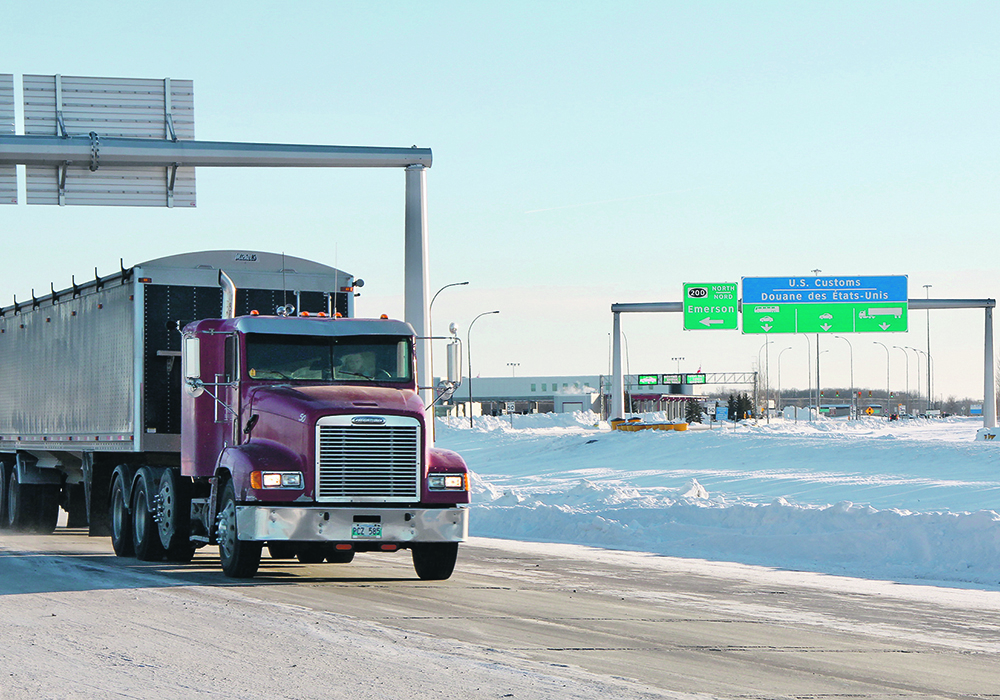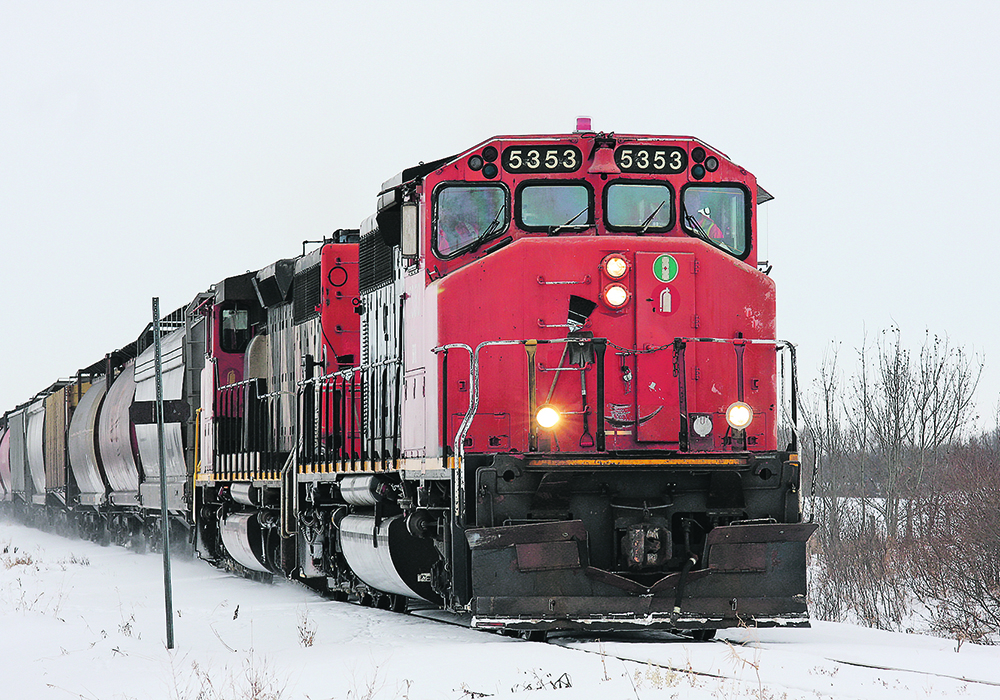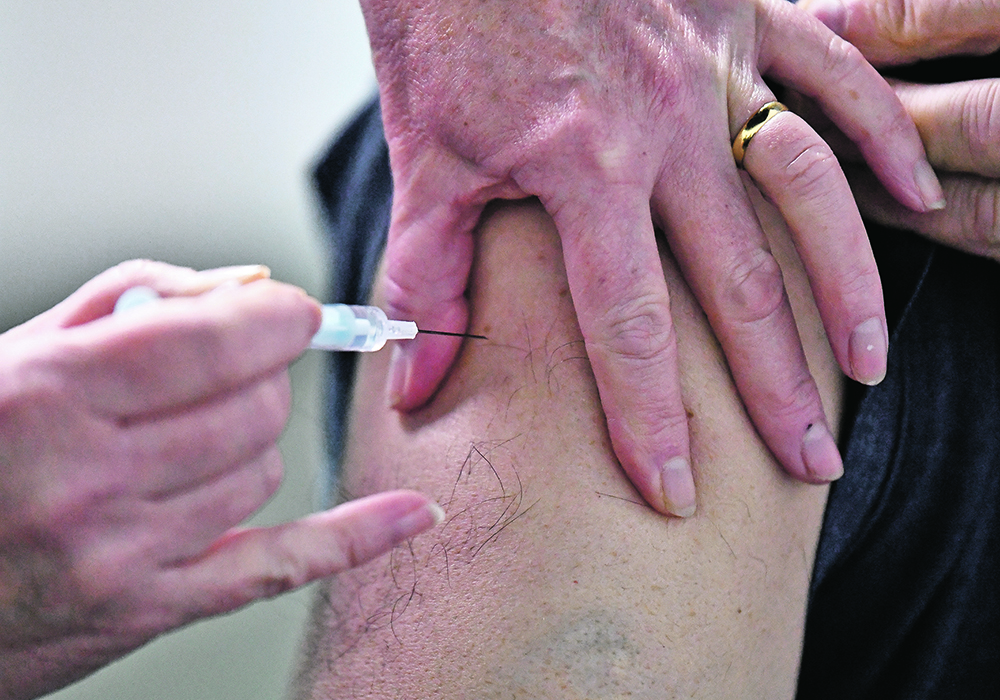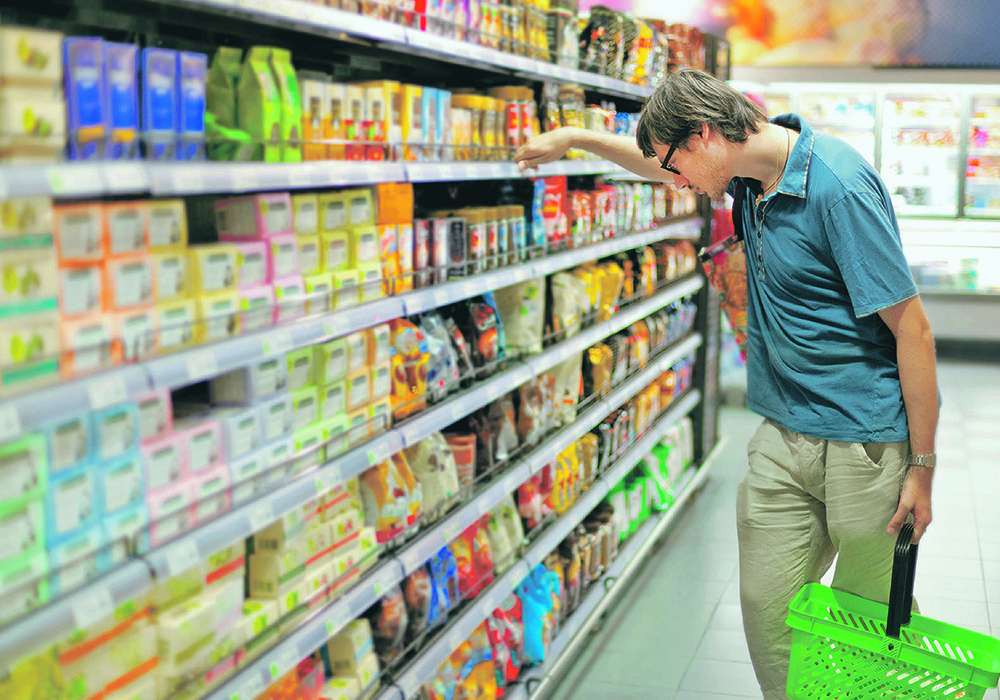The federal government is pushing ahead with its plan to require all truckers entering from the United States to show proof of vaccination.
The plan creates serious problems.
Vaccines are the most effective way to reduce risks associated with COVID-19, stop the spread of the virus and save lives. No doubt. But the situation affecting the trucking industry could be challenging and impact food access for Canadians.
This is the first public health measure with the potential to disrupt trade between Canada and the United States since the pandemic started.
Read Also
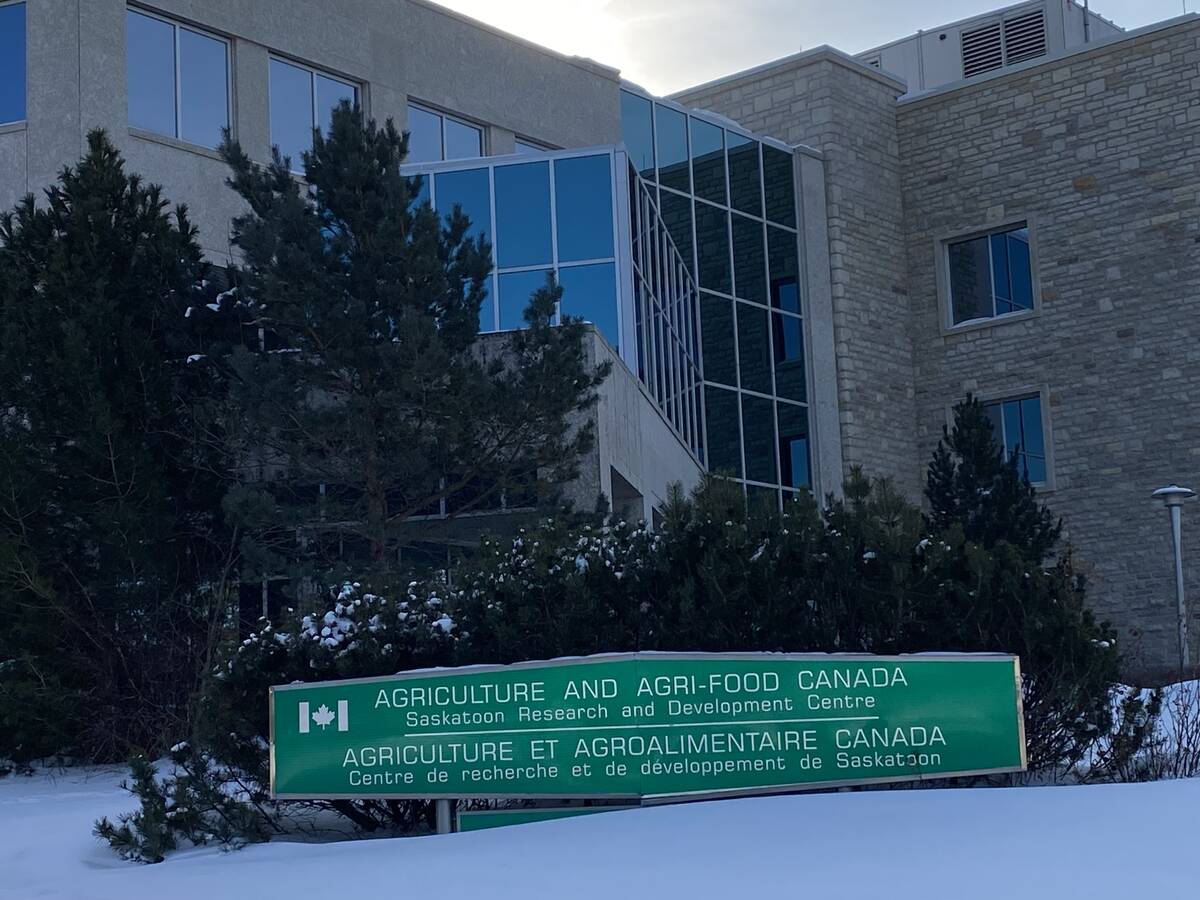
Don’t undermine the backbone of agriculture
Agriculture Canada and the dedicated public servants who work every day to support Canadian agriculture are a crucial pillar of the sector and they need support — not austerity.
According to the Canadian Trucking Alliance, about 16,000 drivers could be forced off the road. The federal government believes its measure will affect only 8,000 drivers. Still, we need these drivers more than ever. If a driver crosses the border into Canada without being vaccinated, they will need to quarantine for 14 days.
Canada imports about $21 billion worth of agri-food products from the United States every year, and about 60 to 70 percent of the food imported arrives on wheels. That’s almost 20 percent of the food Canadians buy.
The timing of the vaccine mandate isn’t great, arriving in winter when produce from the southern states offers welcome supplies to Canadian consumers. Stopping some of that business could exacerbate the driver shortage the industry is already experiencing and could drive up retail prices even further in the weeks to come.
The industry was already short 18,000 drivers. Given the average age in the trucking industry, the vaccine mandate could encourage many truckers to simply retire.
Besides, a vaccine mandate might not help extensively in this case.
Truckers work independently most of the time. The average trucker will spend more than 250 nights away from home every year. Compared to other essential workers, contact with other people is minimal.
Since the start of the pandemic, granting exceptions to certain groups who were deemed essential services has been controversial. Most Canadians are against it, and the Trudeau government knows it.
But border access can become a food security issue.
Quebec recently backed down from its vaccine mandate for health-care workers, concerned such a measure would put even more strain on the province’s already frail health-care system. The province followed this by asking workers to comply with strict new protocols to reduce risks in hospitals and health centres.
Something similar can be done for truckers.
Vaccines are the best weapon to end the pandemic, but we also need to appreciate that 10 to 15 percent of people will resist getting vaccines and will likely never change their minds.
From a food supply chain perspective, Omicron is a game-changer. The supply chain is more fragile than ever.
Public health measures need to be adapted so the food industry can continue to provide Canadians with safe, affordable food for the next few months as we try to cope with Omicron’s wrath. Food inflation is already a challenge in Canada, and the vaccine mandate affecting truckers could make things worse, especially for families with fewer means.
Cancelling hockey tournaments and other events is one thing. Potentially compromising the fluidity of our food supply chain is very different. The stakes are much, much higher.
We need to strike a functional balance between saving lives and keeping Canadians fed.
Sylvain Charlebois is senior director of the agri-food analytics lab and a professor in food distribution and policy at Dalhousie University. This article first appeared on the Troy Media website. It has been edited for length.

